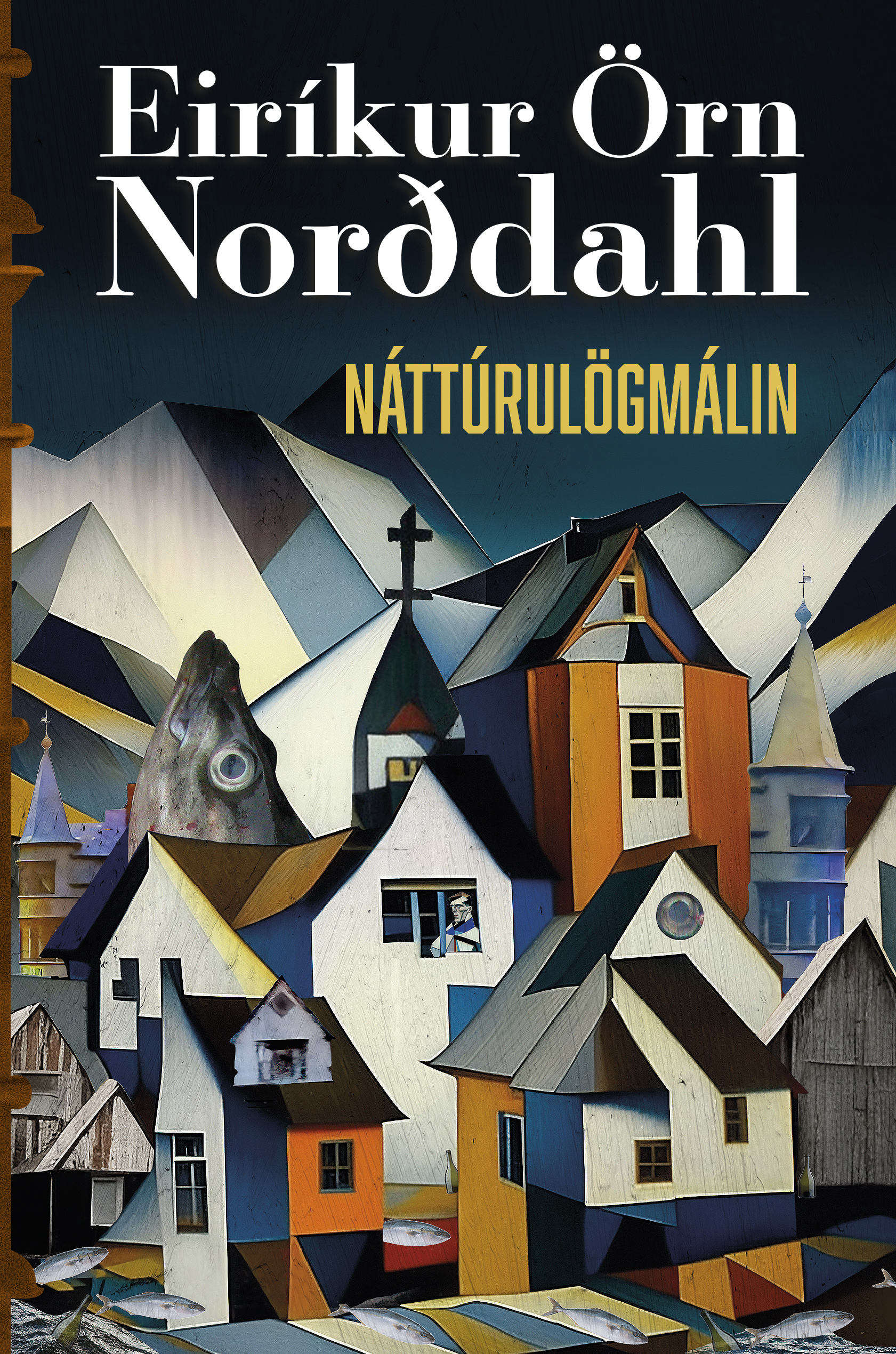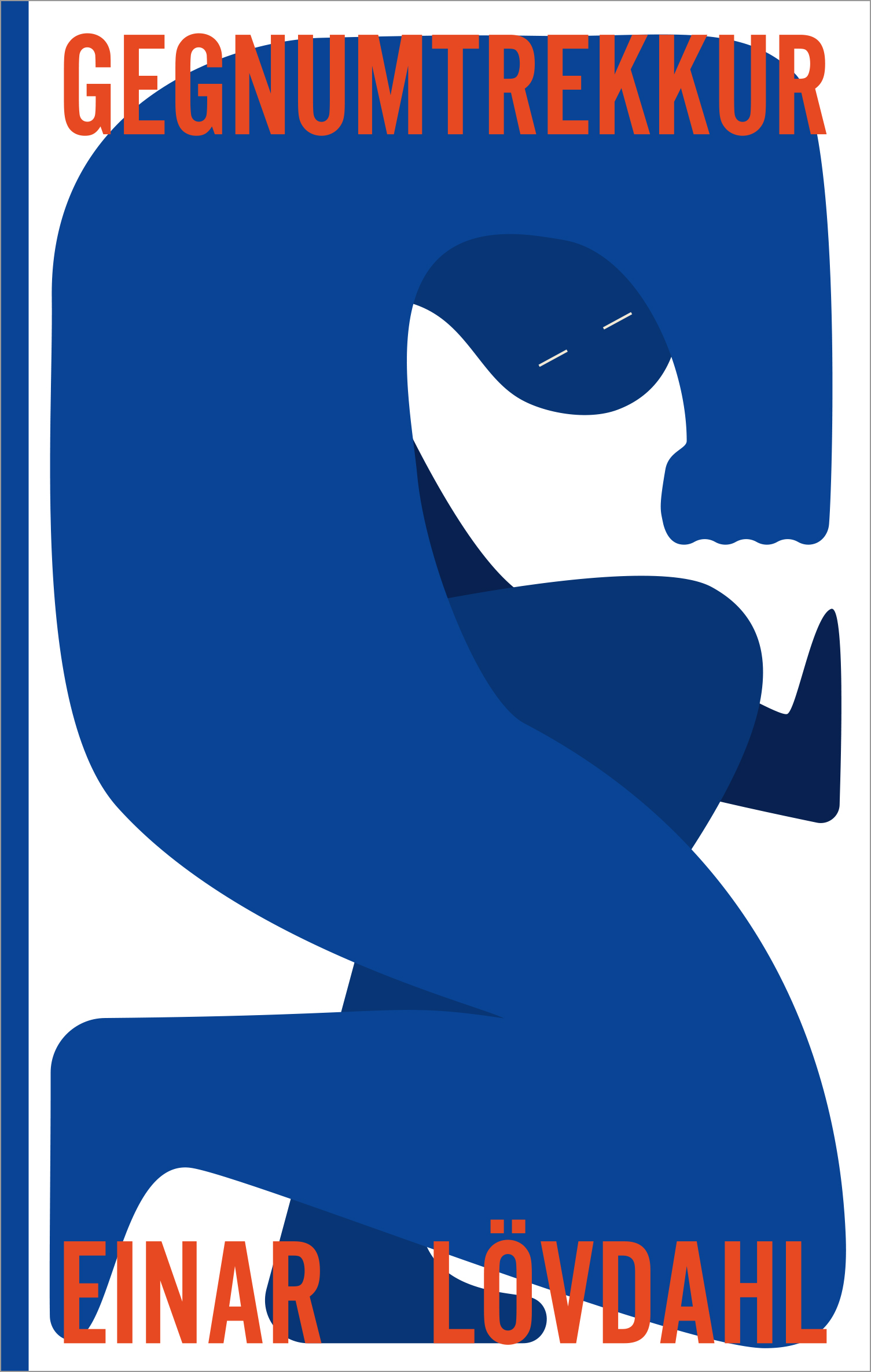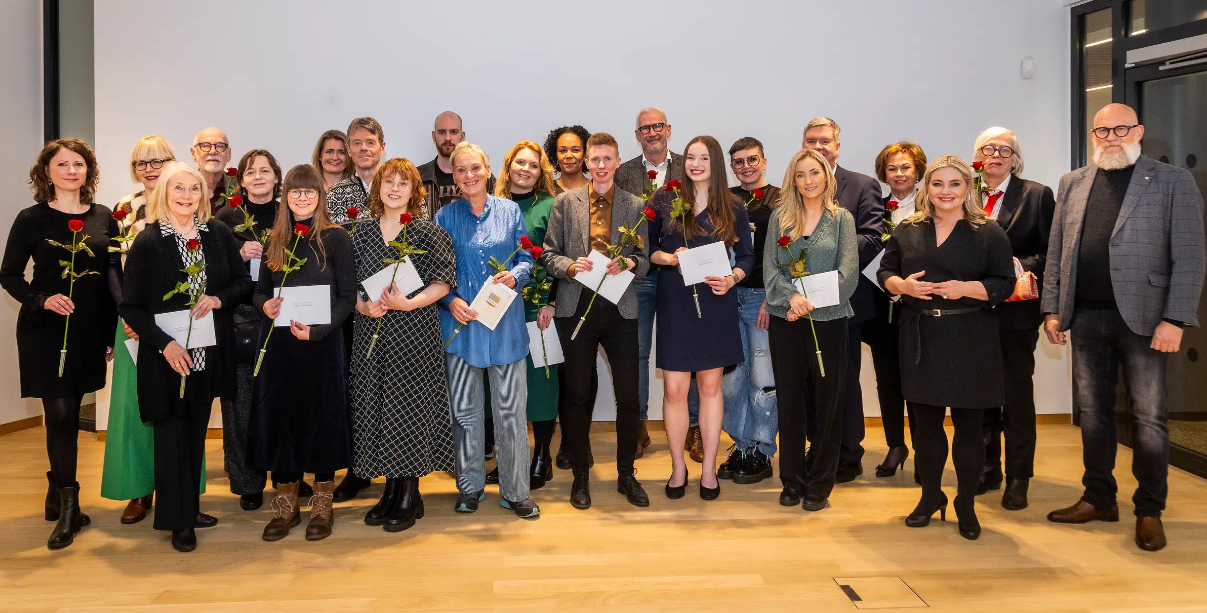It’s exciting to announce that Asta Sigurðardottir’s acclaimed collection of stories, Nothing to be Rescued, has just been published in German by Guggolz Verlag, translated by Tina Flecken, with a foreword by Dagný Kristjánsdóttir. This is the first time Sigurðardottir’s work is available in German, and it’s already receiving great attention from critics. The German title is Streichhölzer.
Sigurðardottir’s writing, which has been compared to that of modern literary greats like Lucia Berlin and Tove Ditlevsen, is a rediscovery that is quickly making its mark. Judith Leister, in Neue Zürcher Zeitung (NZZ), writes about the “abysses” in Sigurðardottir’s world, noting that her stories have a profound emotional depth and a sense of complete “loss of control” that captivates the reader. This unflinching portrayal of the human experience is a key element of Sigurðardottir’s storytelling.
In Deutschlandfunk’s Büchermarkt, Julia Schröder highlights the way Sigurðardottir blends psychological insight with sensual descriptions, balancing the light and dark aspects of her characters’ lives. It’s this tension between the two that creates an engaging reading experience, drawing readers into her world with both its beauty and its darkness.
Rainer Moritz, in Deutschlandfunk Kultur, also praises Sigurðardottir as a “merciless storyteller” and declares the collection a “true discovery.” This is a significant statement for Sigurðardottir, whose work is being introduced to a wider audience through its German debut. Her collection has also been sold to Denmark (Lindhard & Ringhof), the UK (Nordisk Books), and Spain (Eolas Ediciones), indicating that her powerful voice is resonating beyond Icelandic literature.
“These female characters are absolutely modern,” writes Christiane Pöhlmann in today’s FAZ about the book. “Even those who read a lot will be repeatedly surprised and gifted by Sigurðardóttir’s language through her imagery and expressions. She is able to make her peripheral characters perceive the world poetically. […] Thus, the thirteen texts form a panorama of post-war Iceland that, with its breadth and linguistic beauty, shows: While the island state may be far away, this voice fits seamlessly into the chorus of European literary voices.”
Sigurðardottir’s writing stands out as a modern classic, and this German-language edition offers an excellent opportunity for readers to experience her work.









